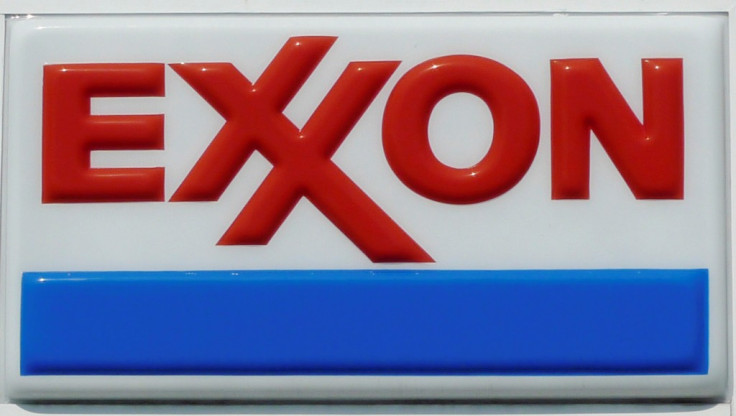Venezuela Ordered to Pay $1.6bn to Exxon for 2007 Expropriation of Assets
Amount is just a fraction of the $16.6bn Exxon had sought.

The World Bank's international arbitration court has ordered Venezuela to pay some $1.6bn to Exxon Mobil to compensate for the 2007 expropriation of the crude producer's oil projects in the country.
The International Centre for Settlement of Investment Disputes (ICSID) 9 October ruling also stated that Venezuela will be able to subtract the sum already paid to Exxon, under a separate verdict passed down by the Paris-based International Chamber of Commerce (ICC), "for the same damage".
Venezuela hailed the decision as the amount is just a fraction of the possible $16.6bn (£10.3bn, €13.1bn) that the oil major had sought for the nationalisation of its Cerro Negro project, reports said.
The ICSID ruled: "The Tribunal has found that the expropriation was conducted in accordance with due process, that it was not carried out contrary to undertakings given to the claimants in this respect and that the claimant have not established that the offers made by Venezuela were incompatible with the 'just' compensation requirement of Article 6(c) of the [Bilateral Investment Treaty]..."
Venezuela's foreign ministry said in a statement: "Once again the Bolivarian Republic of Venezuela, its government, institutions and workers come their way and managed to defeat the attacks of the powerful corporate interests."
Exxon Mobil said in a statement: "The decision confirms that the Venezuelan government failed to provide fair compensation for expropriated assets."
Joe Kogan, an emerging-market strategist at Scotiabank, who has been closely tracking the mounting arbitration cases against Venezuela, told the Wall Street Journal that the south American nation will probably have to pay around $1.1bn.
"Not paying would be the equivalent of defaulting on the bonds," Kogan said.
Cash-strapped?
Venezuela, the world's tenth-largest oil exporter, is reportedly battling cash-flow problems.
Federico Barriga, Latin America analyst at The Economist Intelligence Unit, said in a note: "Although the government has downplayed the Exxon Mobil ruling, it clearly creates additional fiscal strains at a time when oil prices are falling and the sovereign and PDVSA face large external debt repayments.
"Questions over Venezuela's capacity to pay have accentuated in recent months, given the dismal state of the economy and falling international reserves. In the past large off-budget savings held in a series of funds have provided some stability but the lack of transparency in how they are manage provides little comfort for investors, who are becoming increasingly worried with a new default."
Capital Economics said in a 3 October note to clients: "The Venezuelan government may have gathered enough foreign currency to meet its debt obligations this month, but with the economy crippled by a shortage of foreign currency and oil prices now falling it is only a matter of time before the public finances come back under the spotlight."
Capital Economics said in September note: "Rampant inflation, a weakening currency and falling foreign exchange reserves mean that Venezuela has all of the ingredients for a balance of payments crisis. We expect GDP to contract by a cumulative 5% in 2014-15, but there is a growing risk of a much deeper recession and default."
In 2012, Paris-based ICC ordered Venezuela to pay $908m to Exxon.
© Copyright IBTimes 2025. All rights reserved.






















